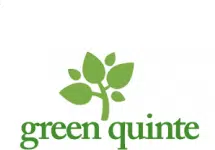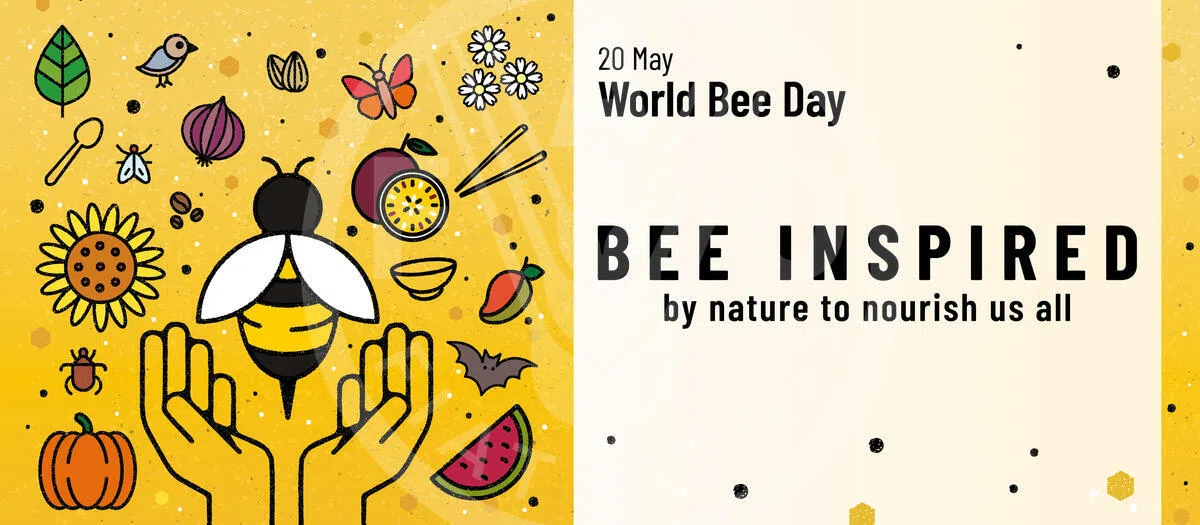Monday, May 20 marks the eighth annual “World Bee Day.”
The U.N. General Assembly sponsored the first “World Bee Day” in 2018 to bring attention to the threats facing bees and the important role they and other pollinators play in keeping out ecosystems healthy.
Read more about World Bee Day from the United Nations:
The United nations says this year’s theme is “Bee inspired by nature to nourish us all”, to highlight the critical roles bees and other pollinators play in agrifood systems and the health of our planet’s ecosystems.
Pollination is essential for agrifood systems, supporting the production of more than 75 percent of the world’s crops, including fruits, vegetables, nuts and seeds but pollinators are increasingly threatened by habitat loss, unsustainable agricultural practices, climate change and pollution. Their decline jeopardizes food production, increases costs and exacerbates food insecurity, particularly for rural communities.
In addition to increasing crop yields, pollinators improve food quality and diversity.
More than 200 000 animal species are pollinators, the vast majority of which are wild, including butterflies, birds, bats and more than 20 000 bee species.
Bees and other pollinators also serve as indicators of environmental health, providing insights into ecosystems and the climate. Protecting pollinators also enhances biodiversity and critical ecosystem services, such as soil fertility, pest control, and air and water regulation.
Nature-friendly agricultural practices like agroecology, intercropping, agroforestry, and integrated pest management help sustain pollinators, ensuring stable crop yields and reducing food shortages and environmental impacts.
Deliberate pollinator protection efforts ultimately foster the conservation of other components of biodiversity, which enhances ecosystem services like pest control, soil fertility and air and water regulation. Adopting a holistic approach that ensures the long-term co-existence of agricultural practices for the production of food, fibre and fuel is needed for sustainable agrifood systems.
There is something all of us can do to safeguard the future of pollinators.
Find out more about how you can promote #WorldBeeDay by reading FAO’s Get involved guide ![]() .
.









Comments